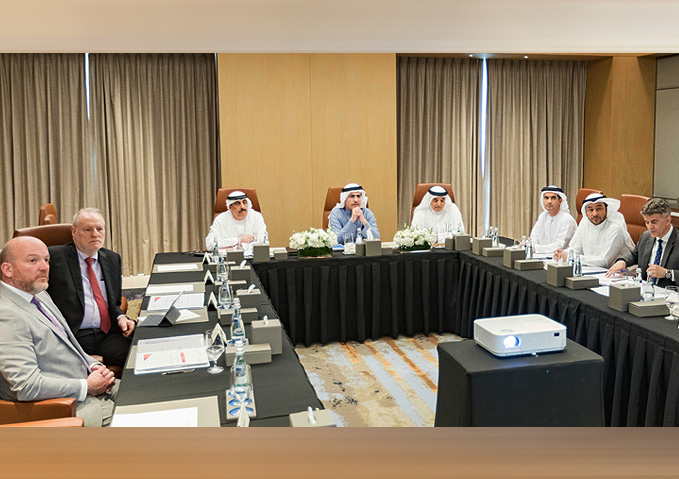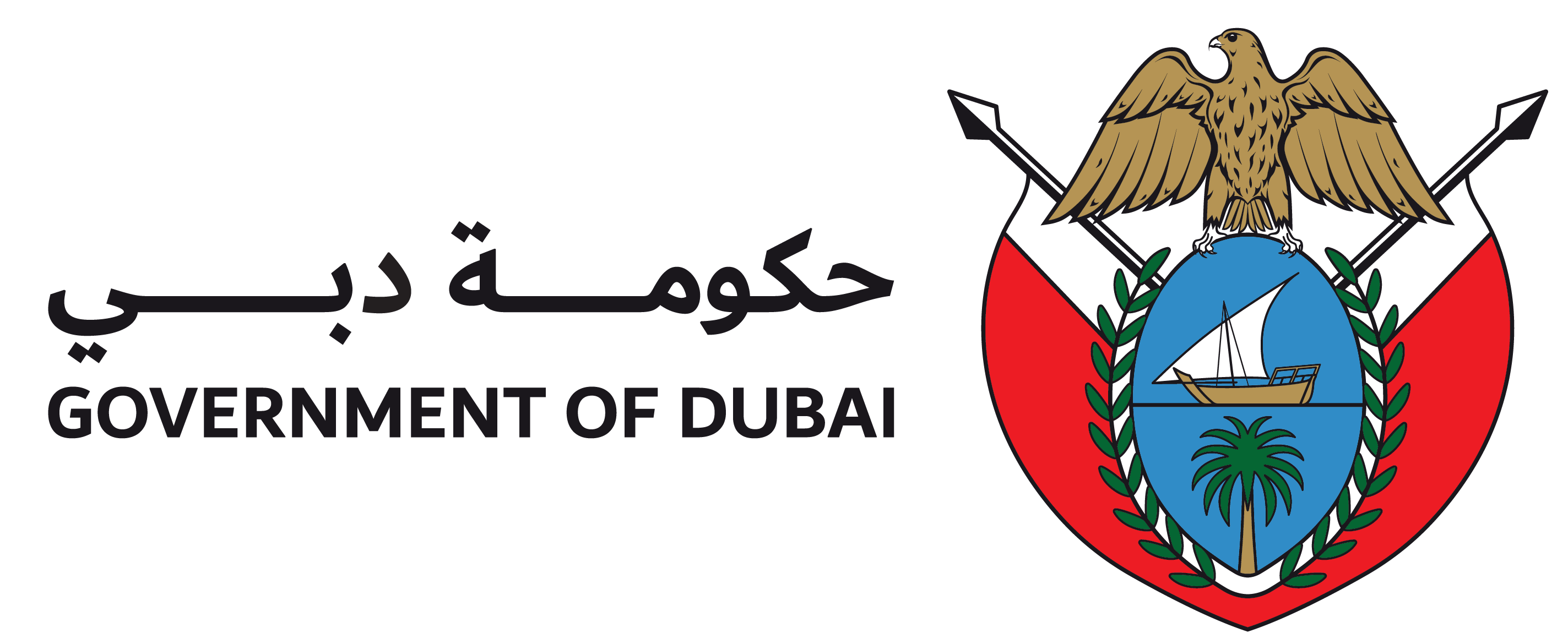Dubai Supreme Council of Energy reviews projects and programmes completed in 2018

HE Saeed Mohammed Al Tayer, Vice-Chairman of the Dubai Supreme Council of Energy and MD & CEO of Dubai Electricity and Water Authority (DEWA), chaired the Supreme Council’s 53rd meeting, attended by HE Ahmed Buti Al Muhairbi, Secretary General of the Supreme Council of Energy, and other board members, including HE Saif Humaid Al Falasi, CEO of Emirates National Oil Company (ENOC); Waleed Salman, Vice Chairman of the Dubai Nuclear Energy Committee; Nasser Abu Shehab, CEO of the Strategy & Corporate Governance Sector at the Roads & Transport Authority (RTA); and Frederick Chemin, General Manager of Dubai Petroleum.
During the meeting, Al Tayer outlined the projects and programmes completed in 2018 in line with the vision of HH Sheikh Mohammed bin Rashid Al Maktoum, Vice President and Prime Minister of the UAE and Ruler of Dubai, as well as the eight principles of governance and the 50-Year Charter launched by His Highness to establish a comprehensive system to ensure the sustainability of the UAE’s well-being and prosperity.
Al Tayer stressed that the Supreme Council of Energy continues its efforts to achieve the objectives of the Dubai Clean Energy Strategy 2050 to produce 75% of Dubai’s total power output from clean energy and make Dubai the city with the lowest carbon footprint in the world by 2050.
“The achievements included the strategy’s increase of solar power to diversify Dubai’s energy mix, where the Supreme Council of Energy is steadily moving towards achieving the goal of providing 7% of Dubai’s total power output from clean solar energy sources by 2020. Additional 4,000-megawatt (MW) power generation projects based on the independent power producer (IPP) model were also awarded, including the Mohammed bin Rashid Al Maktoum solar park, the largest single-site solar park in the world,” said Al Tayer.
“We achieved an increase in the use of mass transit and hybrid taxis with more than 4,100 hybrid and electric vehicles currently operating in the Emirate, as well as more than 200 electric vehicle charging stations across Dubai. We also managed to reduce carbon emissions by 8.1 million tonnes (14%) in line with the Dubai Carbon Abatement Strategy, achieved 4 terrawatthours(TWh) of savings in electricity, and saved 5.9 billion gallons of water as well as reduced fuel consumption in our power plants. The Supreme Council of Energy also succeeded in increasing waste recycling rates and awarding the project to convert waste into energy,” added Al Tayer.
Al Muhairbi discussed the results of water and electricity consumption audits in government buildings, recommendations for monitoring, evaluation of building performance, and implementation of building retrofit procedures, in line with the Green Building Regulations in Dubai.


